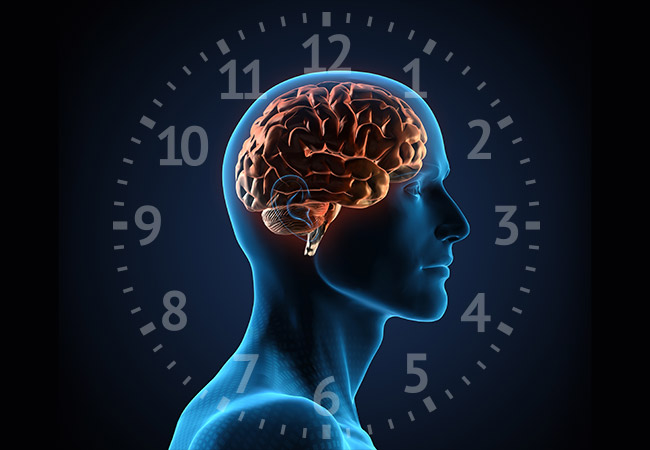The inflammatory response is an immensely complex mechanism that can be affected by a host of internal and external factors, but are the associated pathways regulated by the body’s circadian rhythm? New data from investigators at the Royal College of Surgeons in Ireland (RCSI) and Trinity College Dublin would suggest yes. The findings from the new study—published recently in PNAS through an article titled “Circadian clock protein BMAL1 regulates IL-1β in macrophages via NRF2”—reveals new insights into how the body clock controls the inflammatory response, which may open up new therapeutic options to treat excess inflammation in conditions such as asthma, arthritis, and cardiovascular disease.
The research team is hopeful that a better understanding of how the body clock controls the inflammatory response, may help to target these conditions at certain times of the day to have the most benefit. Moreover, this new data may also shed light on why individuals who experience body clock disruption such as shift workers are more susceptible to these inflammatory conditions.
“The molecular clock provides an anticipatory mechanism, allowing organisms to prepare and respond to daily changes in the external environment,” the authors wrote. “The response of the innate immune system to pathogenic threats is dependent on time of day— however, the molecular mechanisms underlying this have yet to be fully uncovered.”
The body of evidence that cells within the innate immune system possess molecular mechanisms that are controlled by the internal clock continues to grow. In the current study, the investigators wanted to determine the specific effects of the BMAL1 protein, a core regulator of the molecular clock, on the regulation of immune cells. The body clock, the timing mechanism in each cell in the body, allows the body to anticipate and respond to the 24-hour external environment. Inflammation is normally a protective process that enables the body to clear infection or damage, however, if left unchecked can lead to disease.
“Here we reveal that the core molecular clock protein, BMAL1, controls the mRNA expression of Nrf2 via direct E-box binding to its promoter to regulate its activity. Deletion of Bmal1 decreased the response of NRF2 to LPS challenge, resulting in a blunted antioxidant response and reduced synthesis of glutathione,” the authors penned. “ROS accumulation was increased in Bmal1−/− macrophages, facilitating the accumulation of the hypoxic response protein, HIF-1α. Increased ROS and HIF-1α levels, as well as decreased activity of NRF2 in cells lacking BMAL1, resulted in increased production of the proinflammatory cytokine, IL-1β. The excessive prooxidant and proinflammatory phenotype of Bmal1−/− macrophages were rescued by genetic and pharmacological activation of NRF2, or through the addition of antioxidants.”
Senior study investigator Anne Curtis, Ph.D., a research lecturer in the department of molecular and cellular therapeutics at RCSI adds that “macrophages are key immune cells in our bodies which produce this inflammatory response when we are injured or ill. What has become clear in recent years is that these cells react differently depending on the time of day that they face an infection or damage, or when we disrupt the body clock within these cells.”
The researchers were excited by their findings but stated that they are still in the early stages and are looking forward to continuing their research to gain an even greater understanding of these complex molecular mechanisms.
“The findings although at a preliminary stage, offers new insights into the behavior of inflammatory conditions such as arthritis and cardiovascular disease which are known to be altered by the body clock,” notes lead study investigator James Early, Ph.D. of Trinity College Dublin.
“We have made some discoveries into the impact of the body clock in macrophages on inflammatory diseases such as asthma and multiple sclerosis. However, the underlying molecular mechanisms by which the body clock precisely controls the inflammatory response were still unclear,” Dr. Early adds. “Our study shows that the central clock protein, BMAL1 regulates levels of the antioxidant response protein NRF2 to control a key inflammatory molecule called IL-1β from macrophages.”


